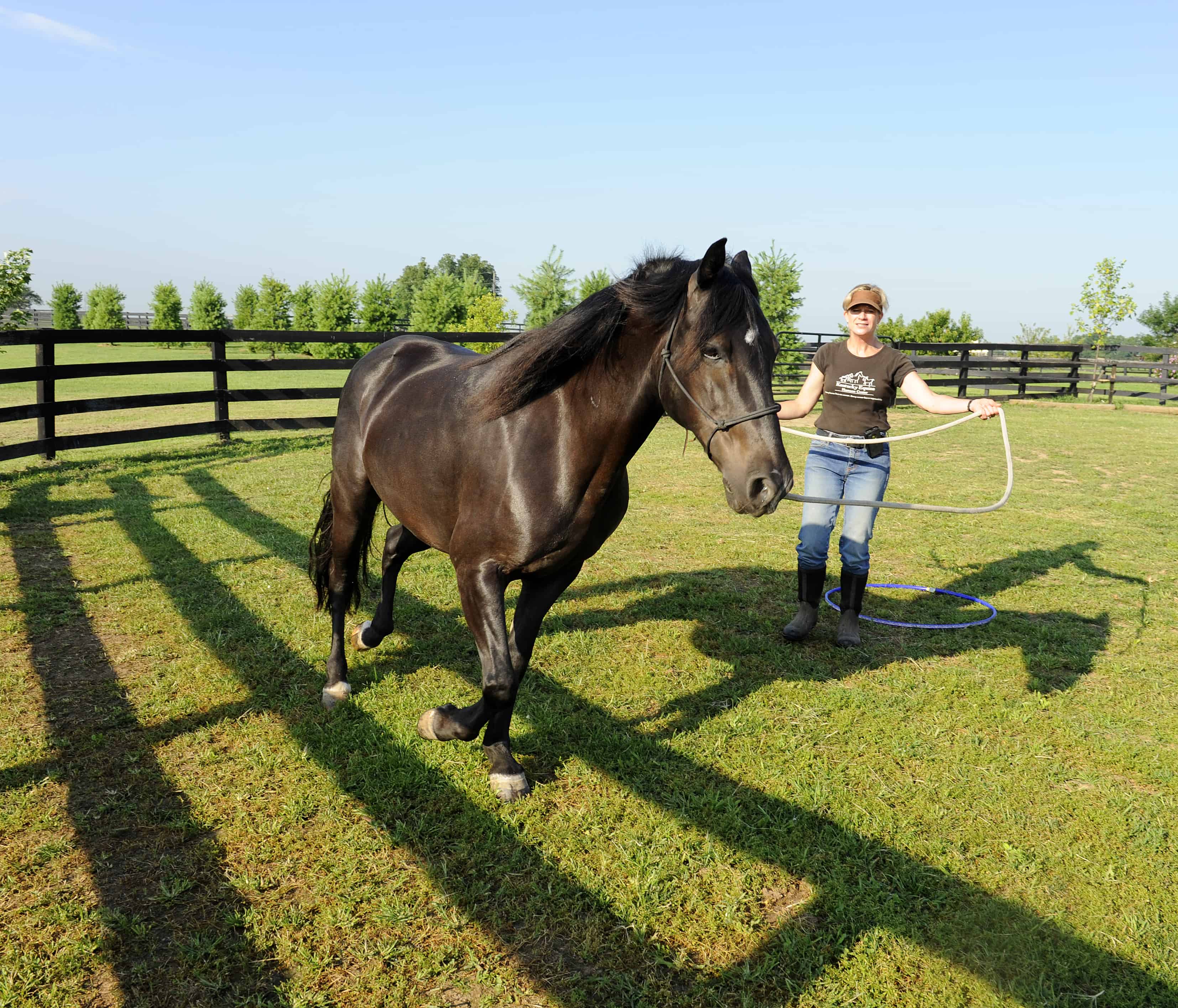How Horse Personality Impacts Learning

This might sound like cognition nit-picking, but it’s actually a very important question when it comes to the way your horse learns. The first case is what scientists call “goal-directed” learning—it means horses will adjust their actions according to whether that reward keeps coming regularly. The second case is called “habit-directed” learning. Horses that tend toward habit-directed learning are more likely to just keep doing what they’ve been taught to do, regardless of whether that reward keeps coming.
For the first time, thanks to an advanced scientific protocol, scientists have confirmed a link between a horse’s personality and his cognition style. Specifically, they say, fearful horses tend to be more habit-forming. And being equipped with that knowledge can play an important role in how you train, work, use, and manage your horse.
“Fearful horses are going to be more difficult to ride, but at the same time, they’re going to develop more automatic mechanisms in response to aids,” said Léa Lansade, PhD, of the French Horse and Riding Institute and the National Institute for Agricultural Research’s behavior science department, in Tours
Create a free account with TheHorse.com to view this content.
TheHorse.com is home to thousands of free articles about horse health care. In order to access some of our exclusive free content, you must be signed into TheHorse.com.
Start your free account today!
Already have an account?
and continue reading.

Written by:
Christa Lesté-Lasserre, MA
Related Articles
Stay on top of the most recent Horse Health news with












